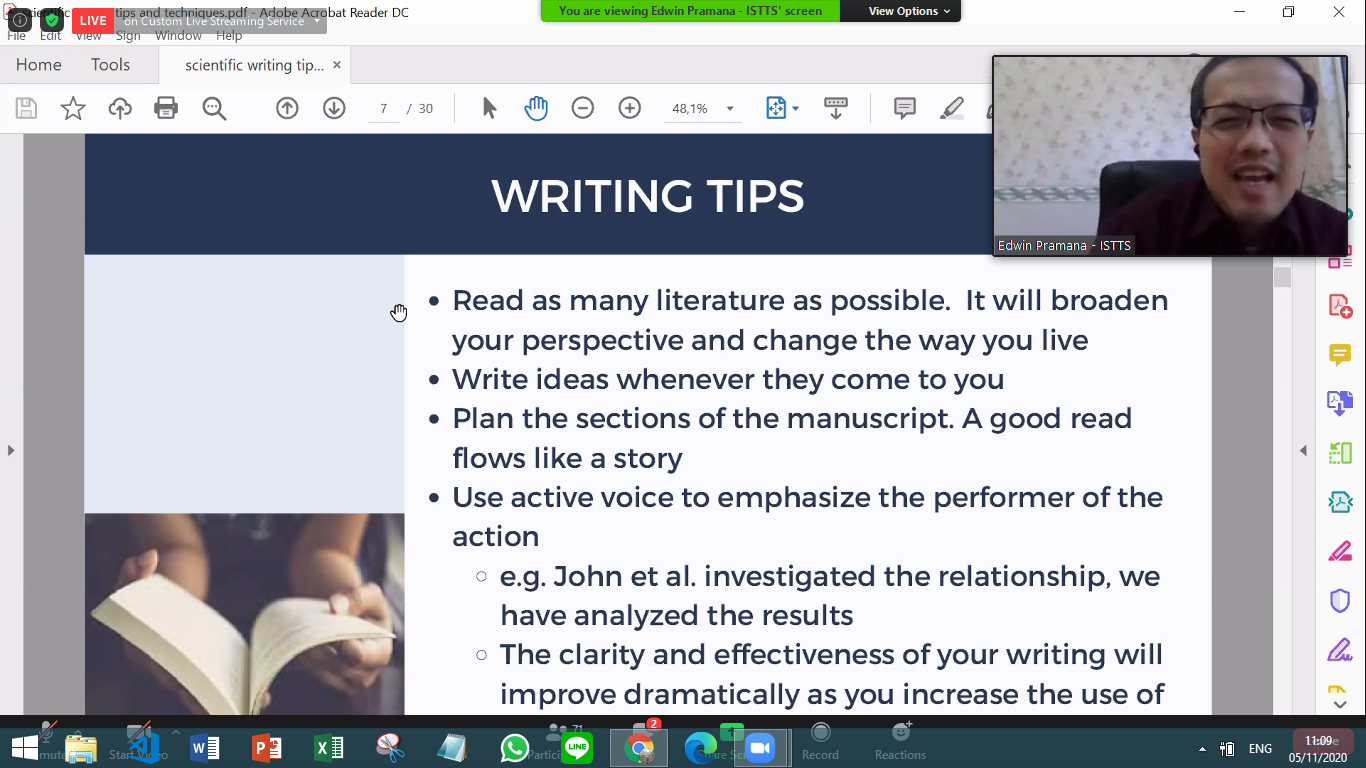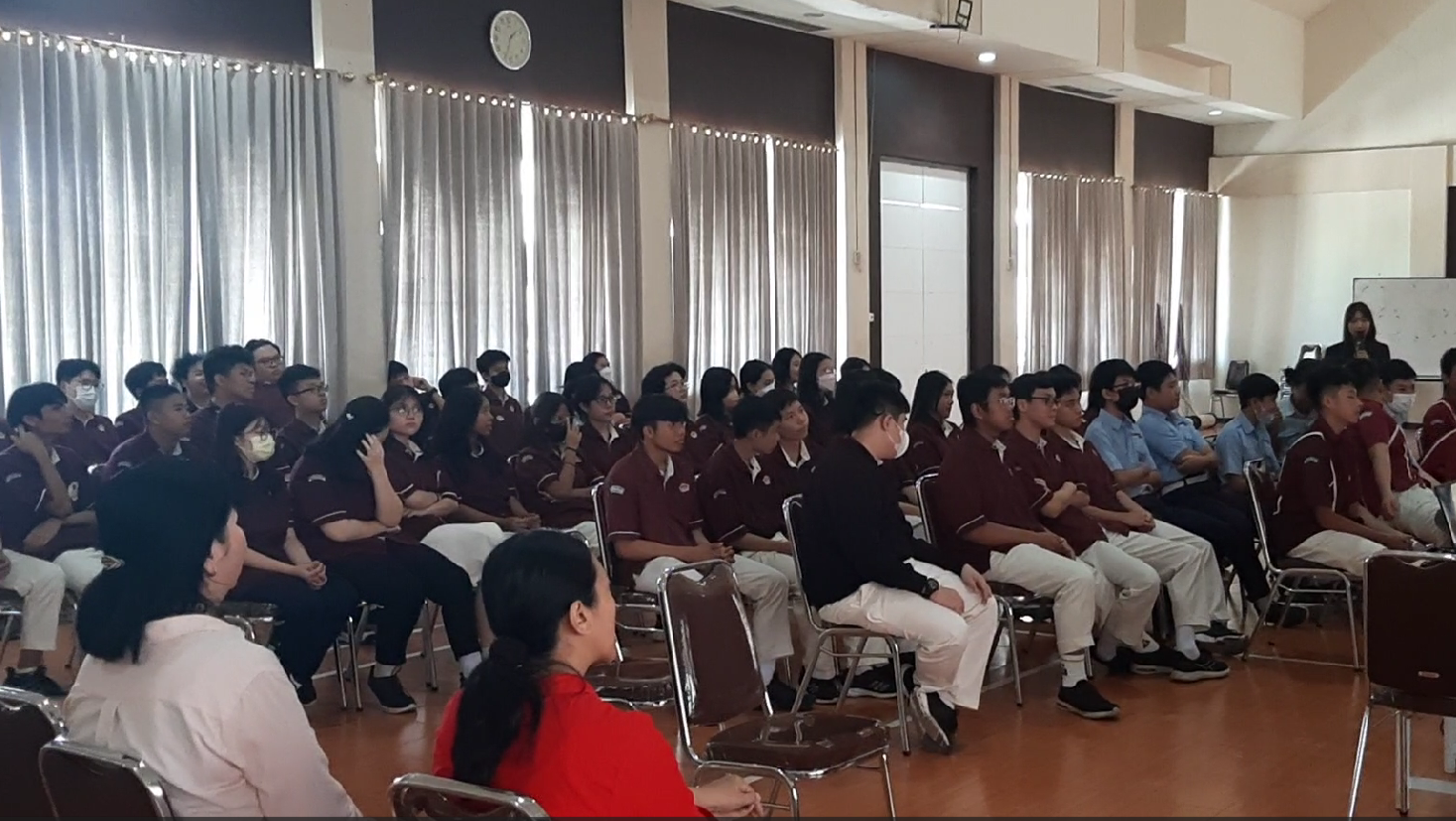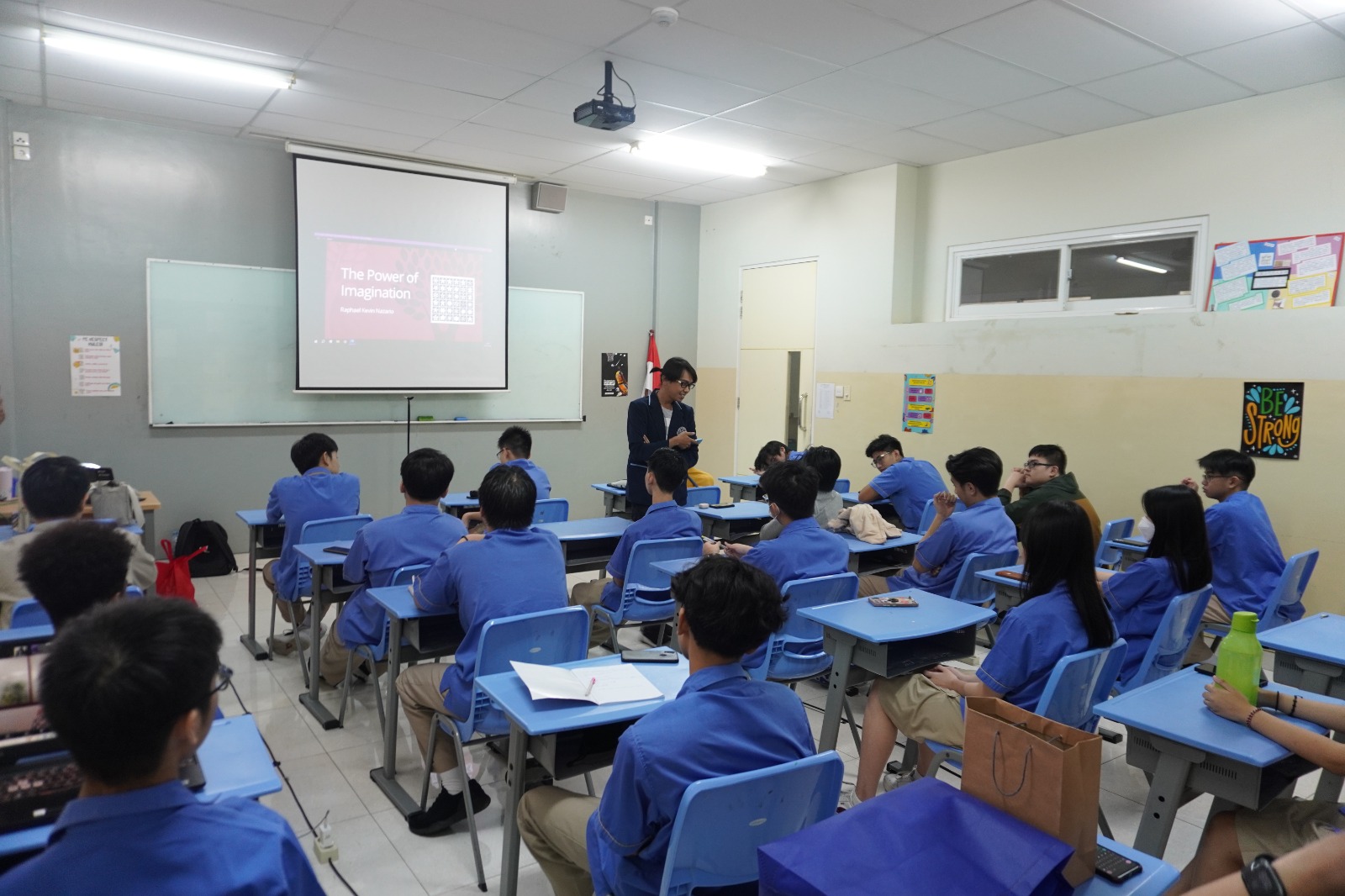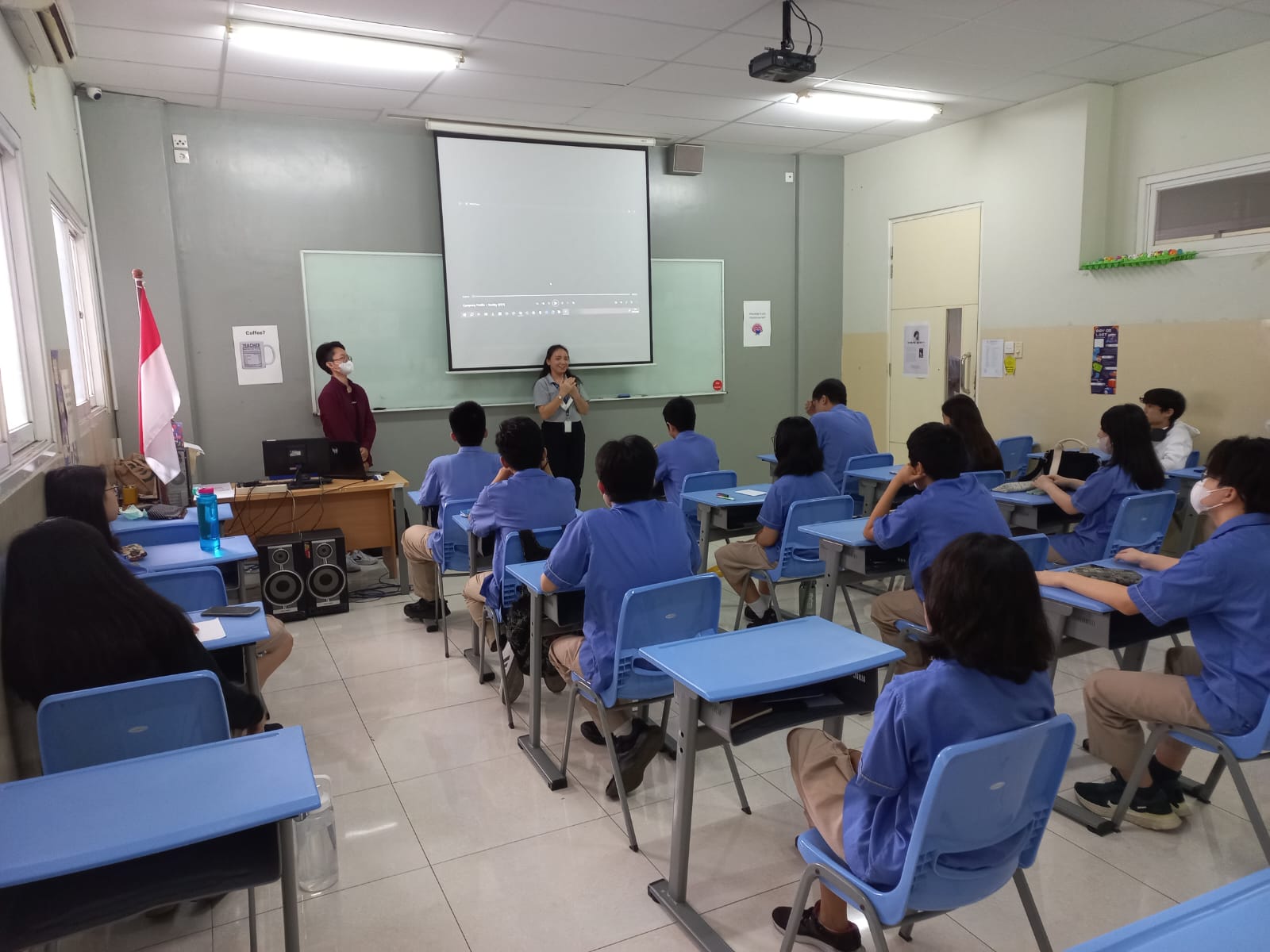
Scientific Writing, Tips & Techniques
ISTTS once again held a KSP Season 7 seminar entitled "Scientific Writing, Tips & Techniques". The first episode of KSP was delivered by Edwin Pramana, Ph.D. He is one of the ISTTS lecturers who is very experienced, especially in the field of writing scientific papers.
The seminar, which was held on Thursday, November 5, 2020, was opened for internal and external participants through the zoom platform and live streaming youtube. Pak Edwin opened the KSP with self-introduction then continued by explaining the material about writing scientific papers.
The characteristics of writing scientific papers include: clear, simple, neutral, structured and shows how and where the data was obtained. "The thing that distinguishes something that is easy to understand or not is the way it is conveyed. If the language used is a language that everyone can understand, it will be easy to understand, "explained Pak Edwin.
The requirement for a scientific work to be accepted is that the scientific work must have something new. However, having new discoveries is not enough, it is the way in which the findings are presented that are important. If other people cannot understand what is being said then it is useless.
"1 result is better than 10 results. Too much information kills information, "said Pak Edwin. Good scientific work focuses on one result only. If the research results have multiple results, then choose the best one.
Some of the tips given by Pak Edwin to be able to write scientific papers well include: reading a lot, writing down ideas that come up, planning a manuscript (a good read flows like a story) and using active voice. "Active voice is better than passive voice," explained Pak Edwin.
One of the tools to get references to scientific works is Google Scholar. However, we need to be careful with predatory journals (journals that are not credible) that sometimes circulate on the Google Scholar website. A journal is said to be credible if it is peer-reviewed journals (journals that have been reviewed by fellow professors and experienced researchers). Apart from that, we can also use beall's list to view a list of predatory journals. Mr. Edwin also gave tips if the scientific work is a paid article on Google Scholar.
Source : https://istts.ac.id/berita/QEa85DzbRp-Scientific_Writing,_Tips_&_Techniques


